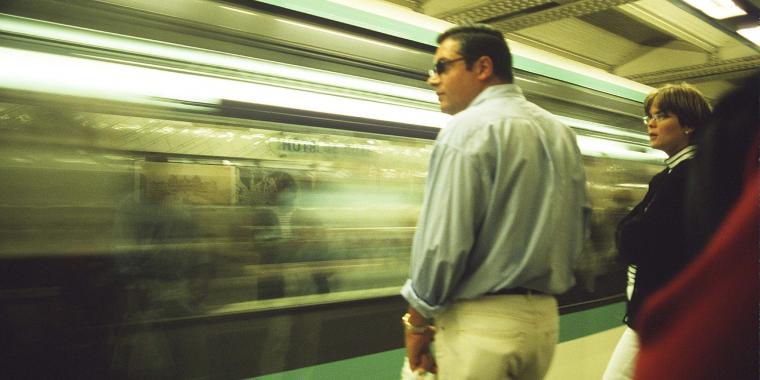
Legislation Pending in Congress to Prevent Reduction to Transit Benefit
12/3/13: The current transit subsidy of $245 per month is scheduled to expire on December 31, 2013. Unless Congress takes action, the subsidy will drop back to $130 per month on January 1, 2014. NTEU supported legislation pending in the House by Representative Grimm (NY), H.R. 2288, the “Commuter Parity Act of 2013,” and in the Senate by Senator Schumer (NY), S. 1116, the “Commuter Benefits Equity Act of 2013,” which would prevent a reduction in the transit benefit by creating permanent parity between the transit and parking portions of the commuter benefit.
As you may remember, earlier this year, as part of the “American Taxpayer Relief Act of 2012,” Congress included NTEU-supported language that restored the mass transit portion of the commuter benefit to the same level as the benefit for parking, to $245 per month. However, because the increase in the transit portion of the commuter benefit is only temporary, it will be reduced to $130 per month on January 1, 2014, unless Congress acts before the end of the year. Meanwhile, due to an automatic cost-of-living increase, the monthly limit for the parking portion of the commuter benefit is set to go up $5 to $250 per month for 2014, which would further exacerbate the disparity between the transit and parking benefits.
The mass transit commuter benefit provides much needed relief in the form of reduced commuting costs for many working people, including tens of thousands of federal employees that rely on public transportation to get to and from work. Many of these employees, already subject to a three-year pay freeze, unpaid furloughs, and higher retirement contributions, are struggling in the current economic climate, and a reduction in these benefits would impose an additional financial burden on them.
NTEU believes Congress must act now to prevent a reduction in the transit benefit in 2014 by enacting permanent parity between the transit and parking portions of the commuter benefit which will also encourage greater transit ridership, lessen congestion on roadways, reduce pollution and conserve energy.
